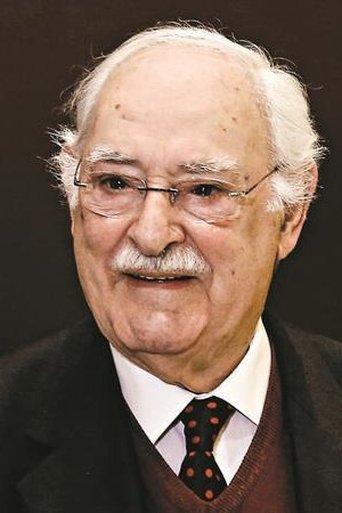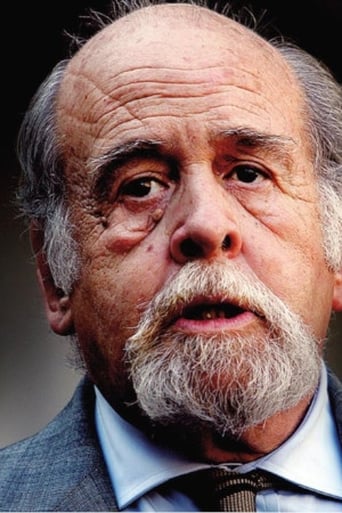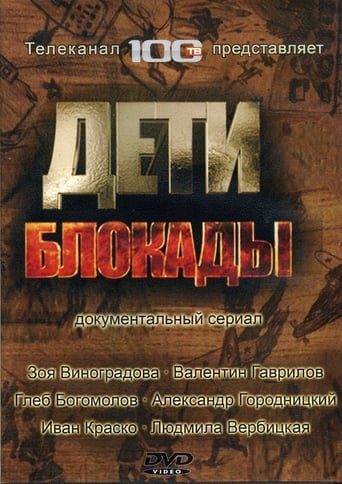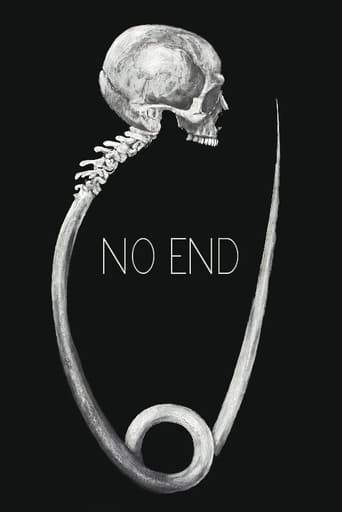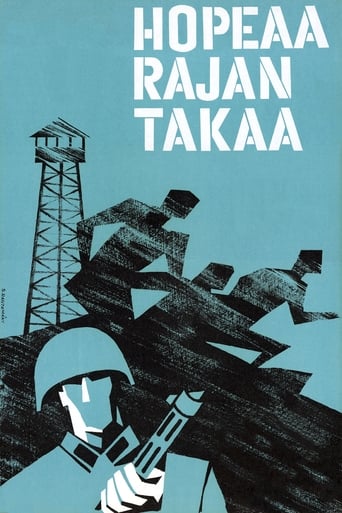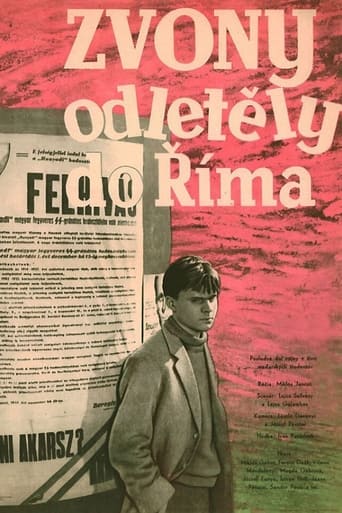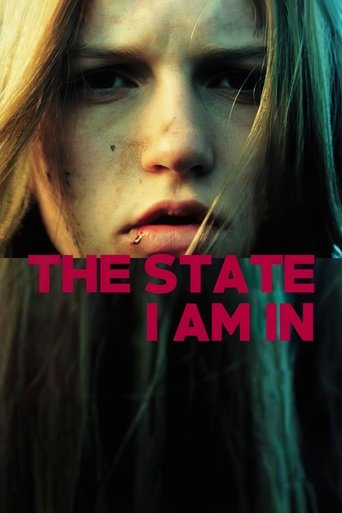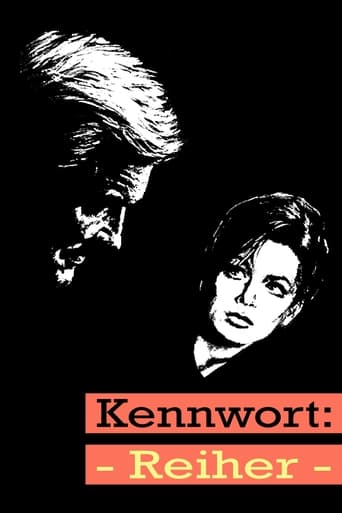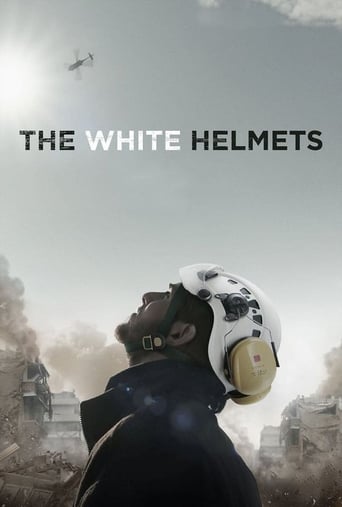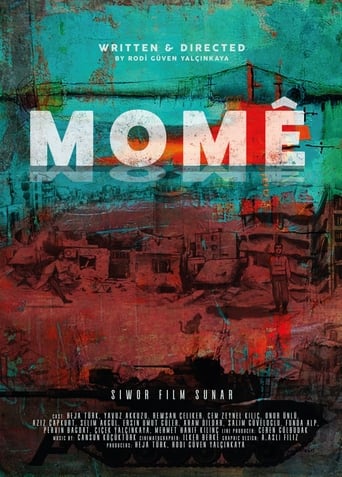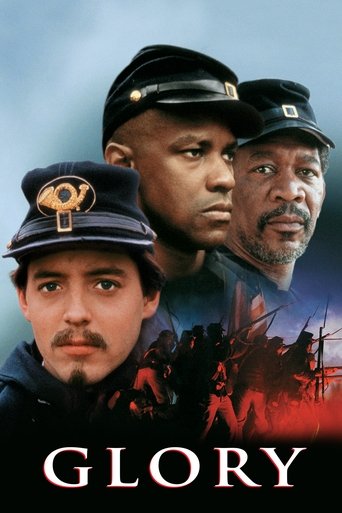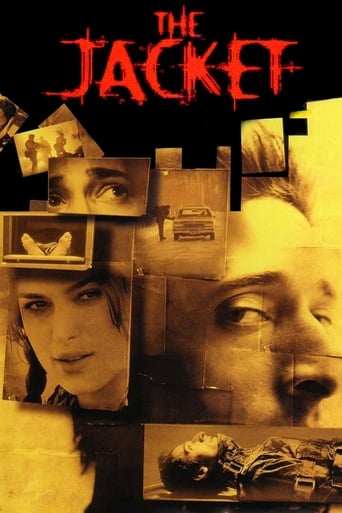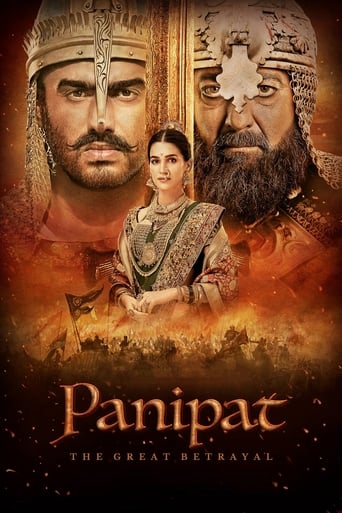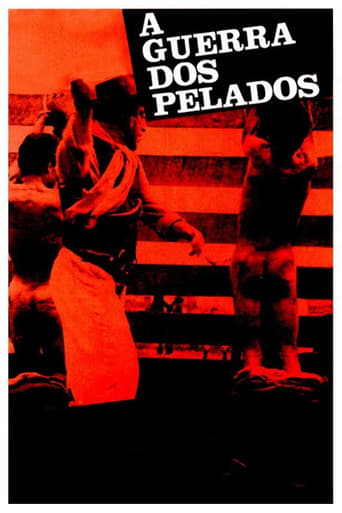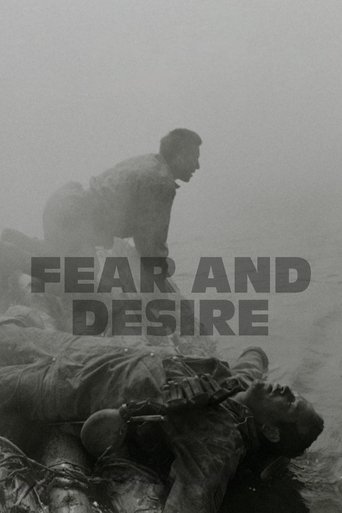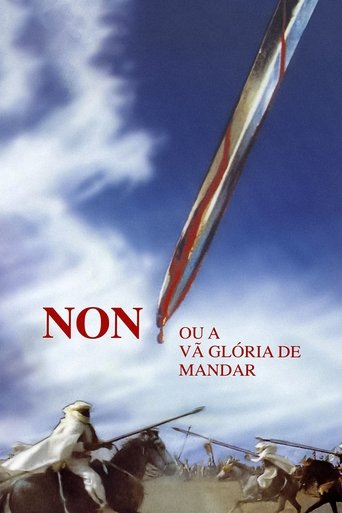
No, or the Vain Glory of Command (1990)
Episodes from entire military history of Portugal are told through flashbacks as a professorish soldier recounts them while marching through a Portuguese African colony in 1973.
- Manoel de Oliveira
- P. Joao Marques
- Manoel de Oliveira
Rating: 6.1/10 by 20 users
Alternative Title:
Non, ou la vaine gloire de commander - FR
Country:
France
Portugal
Spain
Language:
Português
Runtime: 01 hour 50 minutes
Budget: $0
Revenue: $0
Plot Keyword: portugal, portuguese history
**One of Oliveira's best… but weak, fragile, boring and a little unpatriotic.** I already had the opportunity to see, and review here, more than one film by Manoel de Oliveira, and after having seen this film, I keep my ideas. I have absolutely nothing against the director, I really appreciate his tenacity, his passion for cinematographic art, the way he devoted himself to cinema in a country that never saw in cinema anything but a "fait-diver", and that never led him to seriously or adequately supported it (lack of interest and support that does not apply only to cinema, but is something common to all cultural manifestations in Portugal). Oliveira would have been one of the greatest European filmmakers, one of the most appreciated and recognized, if he had not had the misfortune of being born in Portugal. However, although I recognize Oliveira's intelligence, attentive eye, perfectionism, stubbornness and passion, this does not blind my discernment to another issue: his films are not commercially viable. As I have already said on other occasions, Portuguese filmmakers and directors tend to opt for unpalatable films, intellectual to the point of hermeticism, or cheesy, idiotic films, without any cultural value. And if some are the delight of festivals and that pseudo-intellectual bourgeoisie (mainly those who want to appear to understand cinema when in fact they know nothing about the subject), the others sell well, but are a national disgrace. We still haven't found that middle ground where art marries healthy entertainment. Of all Oliveira's films I've seen, this one manages to be probably the least silly and the most enjoyable. Maybe because I'm a historian, and the film is essentially about the country's past and, mainly, the lost battles of history. Using these themes, Oliveira attempts an essay on the great military defeats suffered by the country, and the way in which this affected the course of the nation: the murder of Viriato (he was not Portuguese, not even in dreams, but is traditionally associated with Portuguese history), the Portuguese defeat at the Battle of Toro and the disastrous Battle of Alcácer-Quibir, not to mention the Colonial War, a fourteen-year conflict that Portugal won militarily until it was betrayed, in Lisbon, by the captains who wanted to make Portugal a Marxist-Leninist republic, on April 25, 1974. To say that it was all in vain, or that they were meaningless conflicts, would perhaps be the ultimate insult to those who died in these wars. The film features several well-known actors, with Luís Miguel Cintra, Diogo Dória and Miguel Guilherme certainly being the best and those who develop the most interesting work. Both the scenes in the Overseas, and each of the historical recreations, are very well done, taking into account that, at the time of this film, we didn't have much practice with period reconstitutions. Cinematography is once again, as it happens in Oliveira's films, the filmmaker's signature feature, with impeccable framing, good camera work, the actors breaking the “fourth wall” (as if we were also part of the film). The worst part of this film turns out to be the mythological scene on Love Island. It just doesn't fit, plus a lot of the child nudity should have been cut. And the almost virtual absence of a soundtrack is also annoying (but not as annoying as the synthesizer that, in the mythological scenes, tried to emulate a piece of baroque music).





